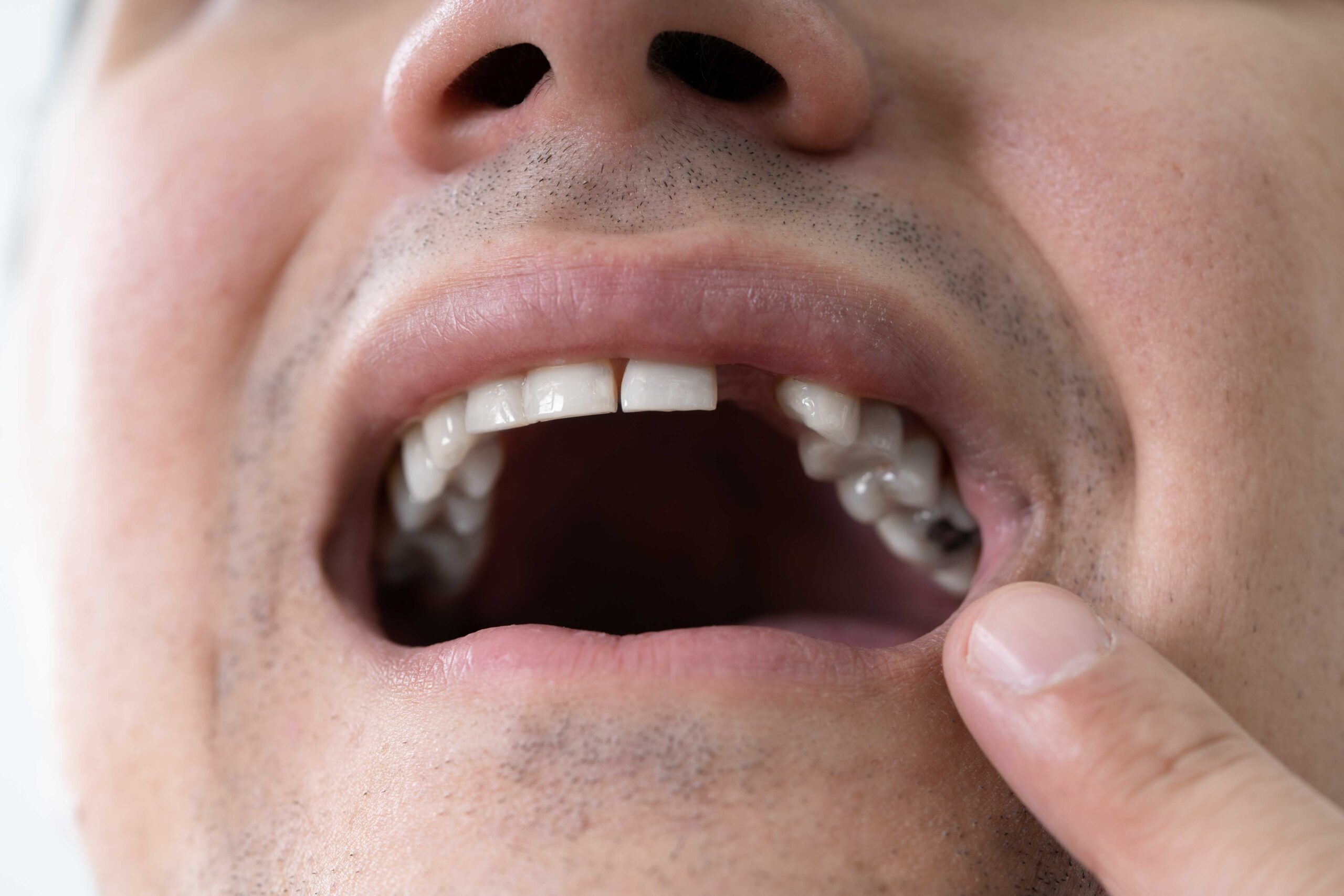Tooth extraction is a dental treatment in which a tooth is extracted from its socket in the jawbone. While dentists seek to retain natural teeth wherever possible, tooth extraction may become a necessary and beneficial solution for a variety of oral health conditions.
What is Tooth Extraction?
The removal of a tooth from its jawbone socket is often done by a dentist or oral surgeon. It deals with issues such as damage, decay, and risks to oral health. The complexity of the procedure ranges from simple for visible teeth to surgical for impacted or complex instances.
Types
- Simple Extraction: Removal of a visible and accessible tooth using forceps
- Surgical Extraction: Involves incisions and possibly bone removal, often for impacted teeth.
- Wisdom Teeth Extraction: Specifically, addressing the removal of impacted or problematic wisdom teeth
- Orthodontic Extraction: Removal to create space for proper tooth alignment during orthodontic treatment
When is Tooth Extraction Necessary?
Severe Tooth Decay
If left untreated, tooth decay may develop to the point where the tooth structure is severely affected. A root canal can be attempted if the decay has reached the pulp (the innermost part of the tooth containing nerves and blood vessels). If the damage is severe, tooth extractions near you can be the only option to avoid future difficulties.
Advanced Gum Disease
If neglected, periodontal (gum) disease can damage the supporting components of the teeth, including the bone. Teeth can become loose in advanced stages, necessitating extraction to avoid the spread of infection and preserve overall oral health.
Impacted Wisdom Teeth
Wisdom teeth, also known as third molars, can often fail to fully emerge, resulting in impaction. Wisdom teeth that have become impacted can cause pain, swelling, and damage to neighboring teeth. In such cases, extraction is often recommended to reduce discomfort and prevent problems.
Crowded Teeth
Orthodontic difficulties and overcrowding can sometimes lead to the removal of one or more teeth. This allows for appropriate alignment throughout orthodontic treatment, which improves the overall function and appearance of the smile.
Trauma or Injury
Accidents or injuries can cause teeth to be cracked or damaged. Extraction may be the only choice to prevent infection and future difficulties in circumstances where the damage is extensive and cannot be healed.
The Tooth Extraction Process
Before removing a tooth, your dentist in Cambie will perform an extensive examination, including x-rays, to determine the severity of the problem. The extraction is carried out under local anesthesia to numb the area and ensure a pain-free experience.
For easy extractions, the dentist will grab and remove the tooth with forceps. In more complex cases, such as impacted wisdom teeth, a surgical extraction requires an incision in the gum and, if necessary, the removal of a section of bone or bone fragments.
Post-extraction care is essential for promoting recovery and avoiding problems. This often involves adhering to guidelines for rest, avoiding specific meals, and taking prescribed medications.
Though tooth extraction may be intimidating, the goal is to protect dental health and prevent future problems. Knowing why extractions are important and prioritizing oral care allows you to make more informed dental health decisions. If you suspect any dental problems, schedule an appointment with a dentist near you promptly to explore treatment options.
Preserve Your Oral Health at Cambie Broadway Dental!
Come into our nearby dental office and experience exceptional dental health care! Our passionate team of specialists is committed to providing tailored care, ensuring that your smile remains vibrant and that your oral well-being is prioritized.
Make an appointment with one of our dentists today; you can do so by giving us a call, heading to our website, or dropping by our location in person.

